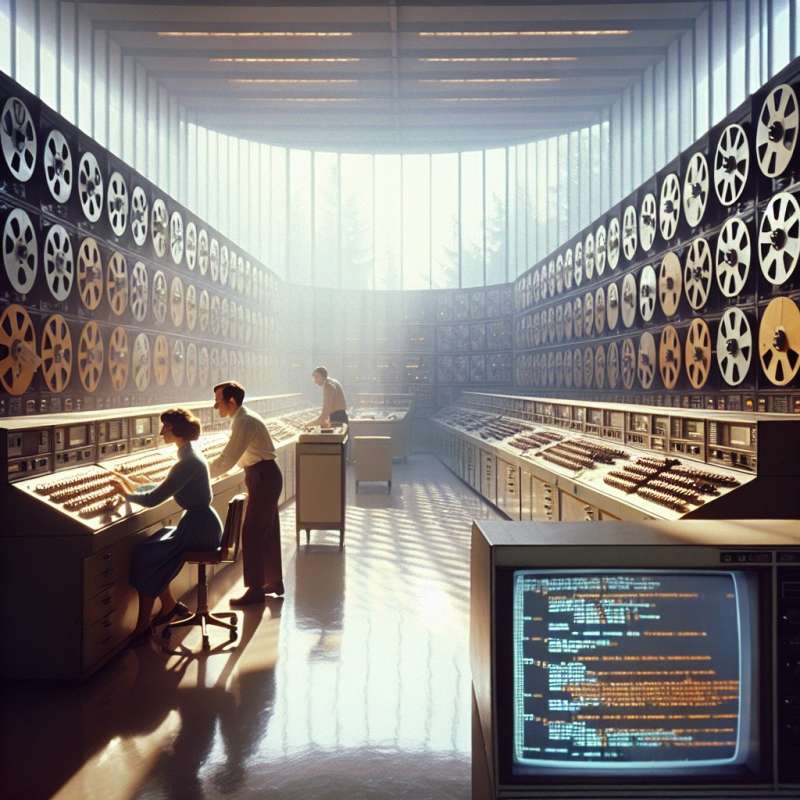
Operating Systems: Overview
An operating system (OS) is crucial for computer functionality. It manages hardware and software resources, providing common services for applications. The OS facilitates user interaction with the machine, making it the backbone of system operation.
Early OS Evolution
The 1950s saw the first operating systems, managing single-task batch processing. Multitasking OSes emerged in the 1960s. With time-sharing, multiple users could access a system simultaneously, vastly improving computing efficiency and accessibility.
Intricate Booting Process
Bootstrapping, or booting, is an OS's process of self-starting. It begins with a power-on self-test (POST), loads the bootloader, initializes kernel, and starts system processes. This complex sequence is meticulously orchestrated to ensure a reliable system start.
Memory Management Details
OSes employ advanced memory management techniques. Virtual memory allows systems to use disk storage as 'extra' RAM, enabling larger applications to run. Meanwhile, memory protection prevents processes from interfering with each other, thus maintaining system stability.
File Systems Unveiled
File systems structure how data is stored and retrieved. Without them, data would be a chaotic collection. OSes use different file systems, like NTFS for Windows or EXT for Linux, each with unique features for performance, reliability, and security.
OS Security Mechanisms
Operating systems are the first line of defense against cyber threats. They implement security policies, user authentication, and encryption. Kernel hardening, address space layout randomization (ASLR), and mandatory access controls are some of the critical security features.
Real-time OS Intricacies
Real-time operating systems (RTOS) are designed for time-critical applications like robotics, avionics, and industrial control systems. They guarantee process execution within a specific timeframe, ensuring predictability and reliability in performance-sensitive environments.
What is an OS's core function?
Managing hardware and software resources
Encrypting data transmissions only
Controlling user interface colors
Company